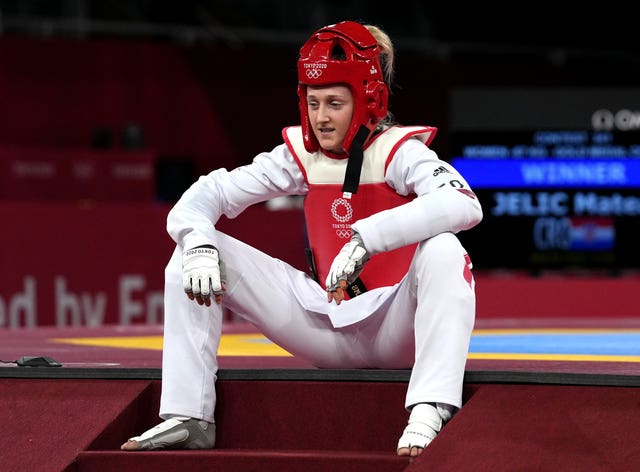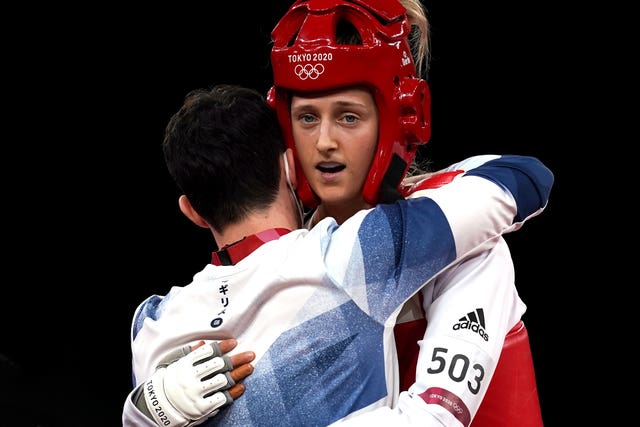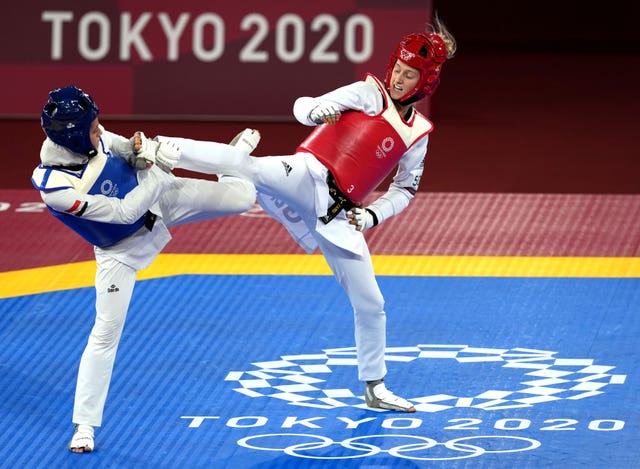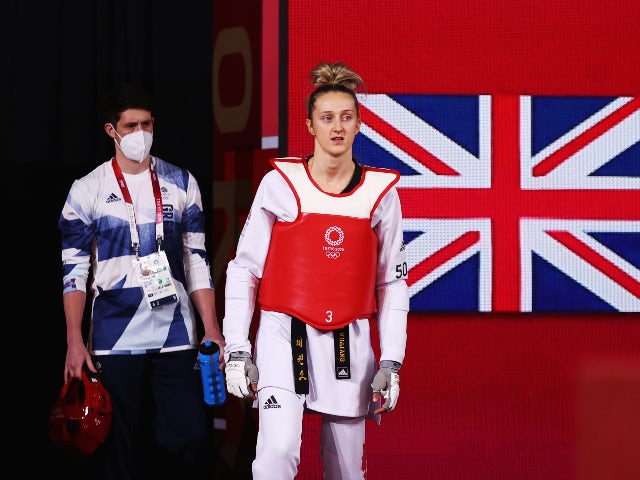Lauren Williams shrugged off a series of "laughable" injury setbacks to move within 10 agonising seconds of Olympic taekwondo gold at the Makuhari Hall in Tokyo.
The Blackwood 22-year-old was denied by a last-gasp burst by Croatian world number one Matea Jelic, whose 25-22 win cost Williams victory but left her to reflect on a performance rendered all the more remarkable by her recent struggles.
"My injury history is almost laughable really," said Williams, who has battled an ankle injury for much of the season and revealed she also tore a hamstring just three weeks before flying to the Japanese capital.
What a battle but it's silver for @LaurenW_TKD 🥈#TeamGB pic.twitter.com/vuKdQZ69Wq — Team GB (@TeamGB) July 26, 2021
"It just happened to be the leg that I come out and fight with," shrugged Williams. "I've always battled with injuries but I thrive on it. Injuries don't scare me or cower me. They just make me more determined to look for areas I can continue to improve."
Williams had turned a tight contest in her favour midway through the final round with two consecutive two-point trunk kicks, but Jelic hauled herself level with a three-point head-kick with nine seconds remaining, and followed up with a body shot to effectively secure her win.
"I'm absolutely gutted," added Williams. "I knew I was winning but I didn't know there was only 10 seconds left. I messed up and I made a mistake and I've got to accept that and move on.

"It threw me back to the worlds in 2017 when I did the exact same thing. It's a mental block that I have to get over, and now that the mistake's been made on the biggest stage of my career, that's a hit in itself and hopefully it will never happen again."
Despite boasting two European titles to her name, Williams had arrived in Tokyo as one of the lesser-known members of the British taekwondo team, partly due to the recurring ankle problem which at one point looked likely to scupper her participation in the Games at all.
A product of the same Blackwood kickboxing club as Lauren Price, the reigning world boxing champion who is also in Tokyo to compete in the women's middleweight category, she was persuaded to switch to taekwondo after glimpsing Jade Jones win her first gold in London in 2012, and won a place at the sport's elite academy in Manchester through its 'Fighting Chance' programme.
Considered too young to move north on her own, Williams convinced her parents to live with her in a caravan on the outskirts of Manchester for a year, being driven in and out of the city for daily training sessions, and it was a sacrifice that would prove spectacularly worthwhile.

Williams went on to win those European titles but injuries that have dogged her throughout her career led to a reputation as a talented, if inconsistent performer, which was underscored in the three contests that took her all the way to the Olympic final.
Williams began by outclassing Tonga's Malia Paseka, who exited bruised and tearful after just 71 seconds of their opening contest at the Makuhari Hall.
She looked set to make a sterner quarter-final test look easy as she cruised into a 12-3 lead at the end of the second round against Hedaya Wahba, a Rio bronze medallist in the lighter -57kg category, only to almost surrender her advantage when two successive body kicks brought the Egyptian back to within a single point.
Williams just about survived, her 13-12 triumph taking her into the semi-finals and a bout against another Rio bronze medallist, Ruth Gbagbi of the Ivory Coast.
A blistering start, in which Williams scored two successive three-point head kicks, lifted her into an 18-3 lead and this time she did not look like surrendering her advantage, although the African had reduced her deficit to six when the clock ran down.

Jelic represented an even stiffer challenge, and it was one that would prove just too much for Williams, who fell to defeat in a virtual carbon-copy that had denied her team-mate Bradly Sinden gold in the men's competition on the previous night.
"When I was that girl in 2012 watching the TV I never thought I'd be there alongside some of the best girls in the world," added Williams.
"I made a lot of sacrifices and it's been hard and I've lost out on a lot of the usual teenager years. It's been difficult but I would not change anything for the world. To be 22 and stood on the Olympic podium – it might be the wrong colour but it's what I've worked all my life for."








